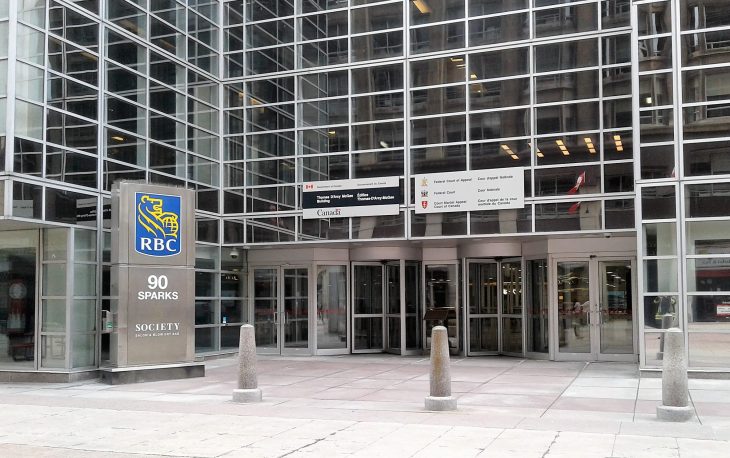
By Ahmad Hathout
The Federal Court of Appeal has set June 9 as the starting date for a hearing on several consolidated appeals from foreign streamers against a CRTC decision to impose a five per cent base financial contribution toward Canadian content funds.
The hearing will be held in Toronto and run for three or four days starting at 9:30 am, the court announced late last week.
The court consolidated four separate appeal applications from the Motion Picture Association of Canada (MPA) – representing the interests of Netflix, Paramount, Pluto, and Crunchyroll – as well as Amazon, Apple, and Spotify.
The MPA was the first to file a challenge in court, arguing that its members cannot be forced to financial contribute to the Independent Local News Fund (ILNF) because they derive no benefit nor do they have any part in creating expensive-to-produce news content.
Central to the MPA’s legal argument is the CRTC making the statement that the base contribution will “reflect the importance of independent broadcasting undertakings and the provision of news coverage” under two subsections of section 3 of the Broadcasting Act.
But the MPA contends that section 3(1)(d)(iii.5) does not refer to news and section 3(1)(i)(ii.1) does not mention foreign online undertakings when it states that the Canadian broadcasting system “should include programs produced by Canadians that cover news and current events — from the local and regional to the national and international — and that reflect the viewpoints of Canadians, including the viewpoints of Indigenous persons and of Canadians from Black or other racialized communities and diverse ethnocultural backgrounds.”
Amazon argues that the contribution decision is not equitable vis-à-vis the traditional Canadian broadcasters, whose online affiliates are exempt from the order. “The CRTC lacks the authority to discriminate between online undertakings based on their corporate affiliation with Canadian broadcasting undertakings,” Amazon said in its application. “The CRTC does not have – and does not identify – any authority to close any historical ‘gap’ in contributions between classes of undertakings by imposing new contribution requirements on only some undertakings.”
The e-commerce giant adds that the regulator did not address the contributions made by online streamers to the Canadian system, how those contributions compare to traditional Canadian broadcasters and, ultimately, how a 5 per cent levy is justified in light of these issues. It points, for example, to its Prime Video streaming business that it says passes on much of the revenue it collects in Canada to the streaming services of these Canadian broadcasters and to the royalty payments it makes to Canadian performance rights organization SOCAN.
Apple, which, like Amazon, has a video and music streaming service, agreed that there is an alleged unfairness in the decision, both in that the CRTC allegedly didn’t take into consideration how the foreign streamers already contribute to the Canadian ecosystem and in the fact that the online audio streamers are now forced to pay 5 per cent of revenues, which is higher than traditional radio contributions.
It also takes issue with the fact that the CRTC did not first define Canadian content before making the base contribution decision, which it says is contrary to the policy direction from cabinet that ordered it to prioritize what constitutes Canadian programming.
Both the Canadian Association of Broadcasters and the attorney general have filed interventions in the appeals arguing that the streamers are arguing matters of policy, not law.



